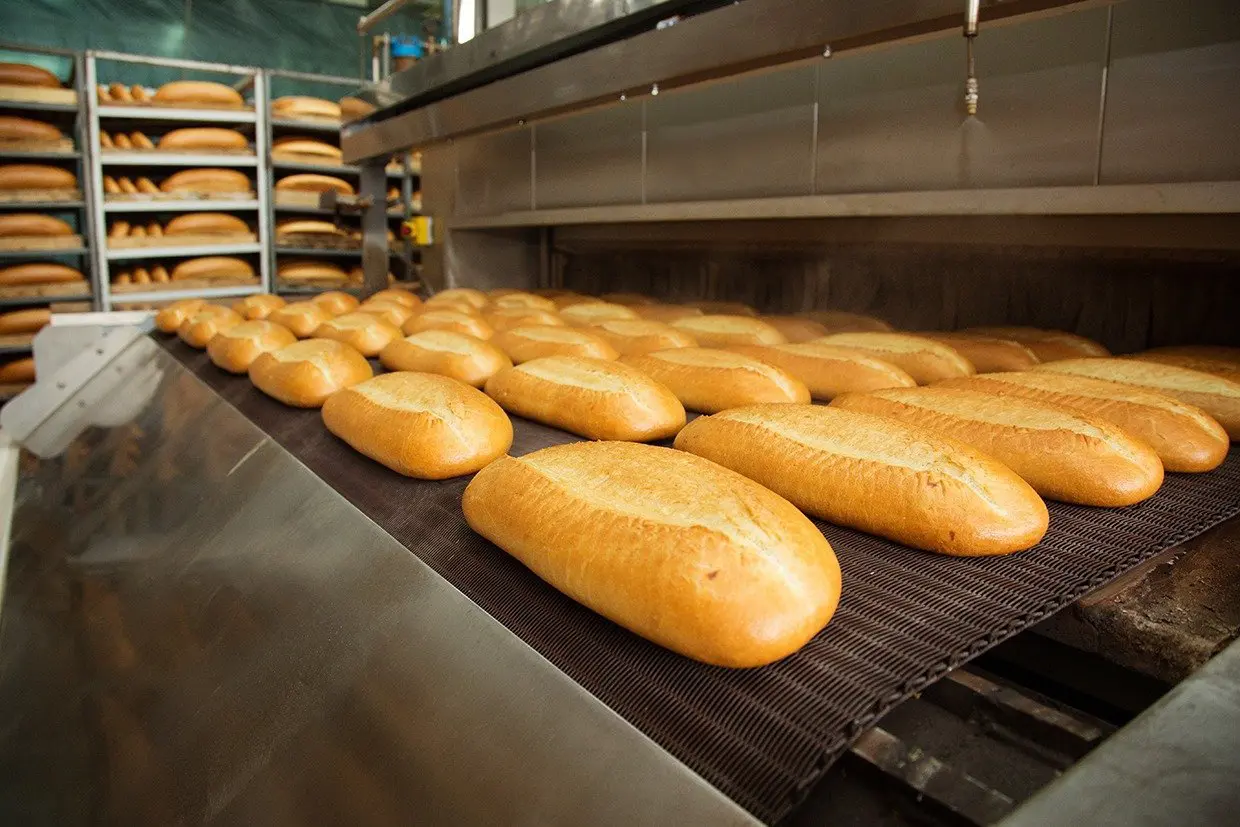Food processing maintenance management is cost sensitive. Fluctuations in raw material costs coupled with strict compliance regulations mean that maintenance teams must consider quality control and budget constraints along with standard maintenance tasks.
It’s enough to make even the most senior maintenance manager pause to consider how his team did their jobs without CMMS software.
“Our MPulse CMMS software opened our eyes,” explained Mike Wosniak, maintenance engineer with Echo Lake Foods in Wisconsin. “Suddenly we could see the holes in our maintenance strategy.”
Cost Control for Food Processing Maintenance Management
Profit margins on food processing fluctuate, so cost management is a huge part of the maintenance team’s job. A dollar saved on maintenance is a dollar that goes to straight the bottom line.
Mike found the biggest cost savings in his CMMS software’s inventory management features. “We streamlined our ordering process with our purchasing department,” he said. “Now we can track it better. We aren’t wasting money in unused parts sitting on the shelf, and we know when something is out or low.”
Communication for Maintenance Teams
It’s not just interdepartmental communication that improves with CMMS software. Like many maintenance departments, Beaverton Foods in Oregon has seen older techs retire—and their experience leaves with them.
Pete Johnson, Beaverton Foods operations manager, has found media integration tools to be a big help as he trains new maintenance workers. “It helps a lot with information and knowledge transfer,” he said. “We’re using MPulse to capture media and other information about equipment to make it easier for techs to find and access resources.”
Regulatory Compliance in Food Processing Maintenance Management
When you talk to food processing maintenance management professionals, one major topic comes up every time—compliance. Food processing is heavily regulated by federal, state, and international regulations, from the U.S. FDA to SQF to the Global Food Safety Initiative.
Compliance is all about visibility. Pete also credits his MPulse CMMS software with keeping his team—and his company—on top of regulatory compliance paperwork. “MPulse helps us track when maintenance activities have happened,” he said. “Plus, I can see which tasks are due in the month ahead.”
Customer Audits
And it’s not just regulatory agencies who audit food processors. Customers also schedule plant visits to make sure the company is performing to their standards. Echo Lake Foods makes breakfast foods for big-name customers—Walmart, Burger King, and Dunkin Donuts, to name a few—and the companies frequently inspect the plants.
“Now we can sit them down in front of a computer, and they can see all the data right on the screen,” Mike said. “It’s so much better than pulling out binders of information.”
Food Production Downtime
Production downtime is a big problem in any manufacturing industry. From preventive maintenance (PM) schedules to inventory management, CMMS software automates maintenance management and reduces asset downtime. That’s particularly important in food processing maintenance management.
CMMS software helps maintenance techs track equipment data and quickly find information when they’re crunched for time. “A lot of PMs are performed annually, so people don’t remember what they did last time,” said Jason Slanagan, maintenance manager, New Seasons Foods. “MPulse saves us a lot of time looking for information.”
All of these benefits have one major advantage in common—visibility. Jason summed up his MPulse CMMS software experience with a statement maintenance managers certainly can agree on: “It’s so much easier when you can remember everything.”


